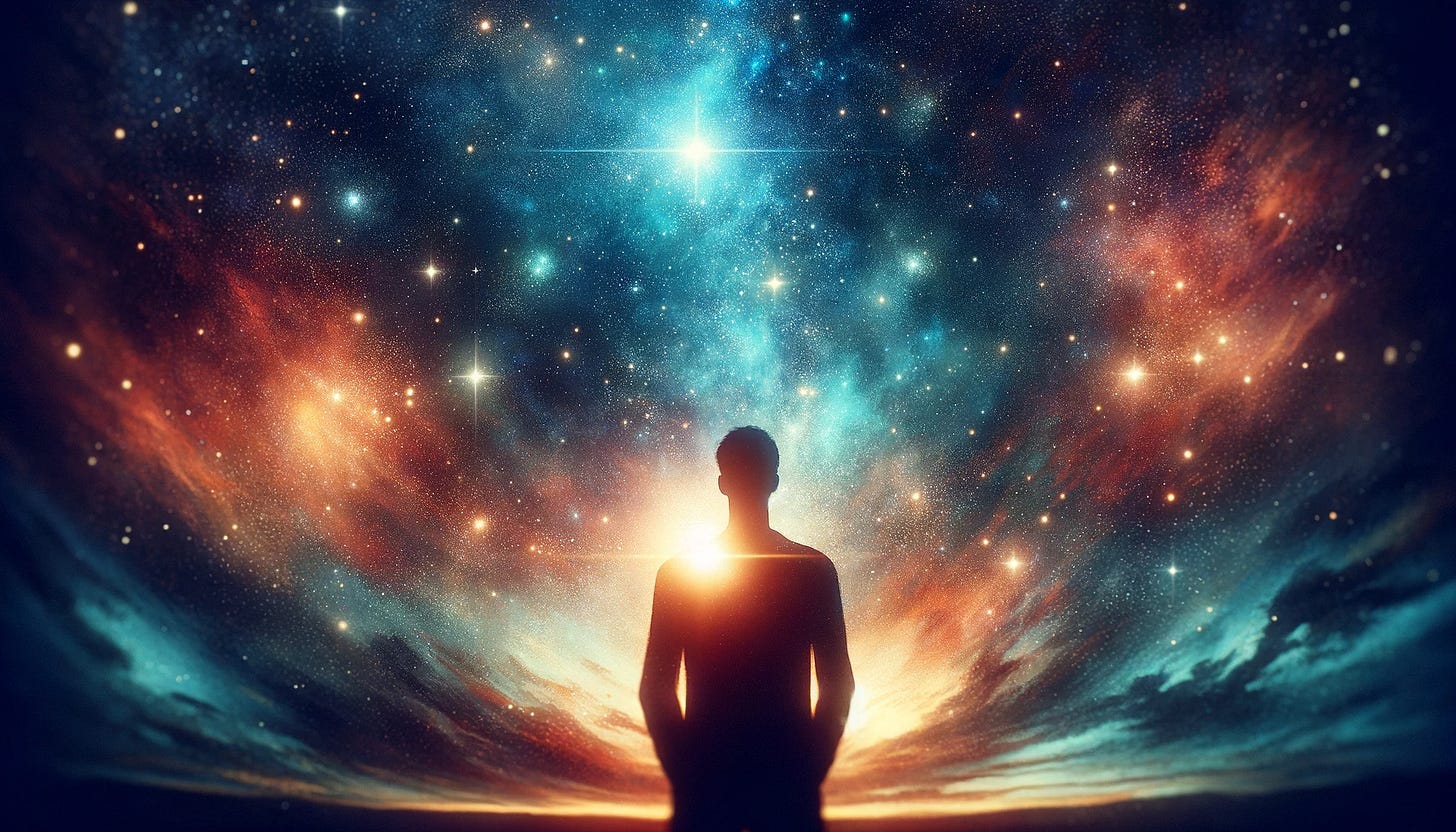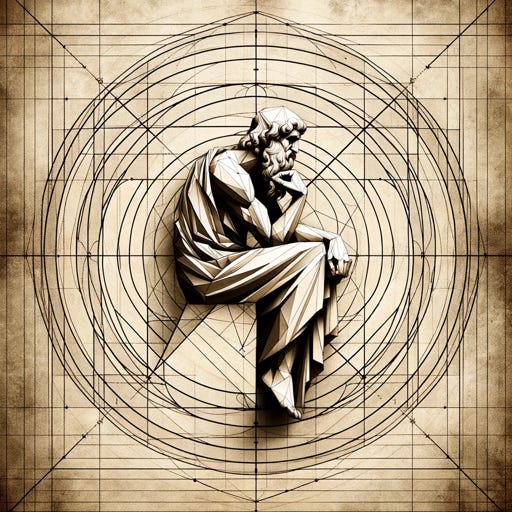Wanderers: A Cinematic Odyssey into Humanity's Innate Desire to Explore
In 'Wanderers,' I find a mirror to our species' deep-rooted longing for the stars and what lies beyond our world.
Wanderers," a visually stunning short film, transcends mere cinematic experience, becoming a poignant reflection of humanity's innate desire to explore and discover. This 4-minute journey is a feast for the eyes and a provocative exploration of humanity's potential future in space envisioned through the lens of scientific possibility and human aspiration.
As we embark on this visual odyssey, we're invited into a deeper contemplation of our place in the universe. The film, lacking a traditional narrative, becomes a canvas for our hopes, dreams, and innate wanderlust. This deliberate absence of a storyline encourages viewers to infuse their own interpretations, crafting a personal narrative about who we are as a species and where we might be heading.
Grounded in the realistic digital recreations of places in our Solar System, "Wanderers" stands at the intersection of science and imagination. Drawing upon the insights of luminaries like Kim Stanley Robinson and Arthur C. Clarke, and the iconic space art of Chesley Bonestell, the film beautifully merges scientific accuracy with fantastical vision.
Guiding us through this journey is the posthumous voice of Carl Sagan, borrowed from his readings of 'Pale Blue Dot.' His narration, resonating with humanist values, emphasizes our quest for knowledge and understanding, driven by a more profound longing for connection and discovery. Sagan's words remind us that our technological advancements and the comforts of modern civilization haven't dulled the "everlasting itch for things remote," a yearning to sail "forbidden seas," as Herman Melville eloquently described.
This longing for the unknown, for the worlds silently orbiting our Sun, is a fundamental part of our survival instinct, meticulously honed by natural selection. Our ancestors' restlessness, their venturing into unknown lands driven by changing the environment and shifting resources, is our legacy, now directing our gaze to the stars.
"Wanderers" metaphorically mirrors the humanist journey. It's about venturing into the unknown, not just in space, but in ideas, challenging long-held beliefs, and seeking new understandings. This mirrors the humanist pursuit of knowledge, driven by a commitment to reason, science, and humanity's betterment.
The film challenges us to ponder our future - not just on Earth, but as potential citizens of the cosmos. It invites us to consider what it means to be human in the vast, awe-inspiring expanse of the universe. "Wanderers," in its sublime depiction of possible futures, prompts us to reflect on our species' trajectory and the responsibility we have to our planet, each other, and future generations.
In essence, "Wanderers" is a call to the human spirit, urging us to look beyond our immediate horizons and dream of what might be possible. It embodies the essence of humanism: the belief in human beings' power to shape their destiny, to explore, to learn, and ultimately to find our place in the cosmic universe.
The allure of the cosmos, eloquently captured by Carl Sagan, has captivated humanity for generations. His words in "Wanderers" express our deep yearning to explore the unknown. Despite our sedentary lifestyle, there's a lingering desire for discovery, an evolutionary product crucial for our survival as a species.
The idea of other worlds orbiting the Sun, awaiting exploration, speaks to the wanderer in each of us. This romance with distant worlds is sculpted by natural selection, underlining our inherent curiosity. Throughout history, it has been the wanderers, driven by an indescribable craving, who have propelled humanity forward, their restlessness now directing our gaze to the stars.
"Wanderers" is more than a visual and auditory spectacle; it's a profound reminder of our inherent nature as explorers. As we stand on the cusp of new cosmic discoveries, we carry forward the legacy of our ancestors, driven by the same eternal itch for uncharted spaces. The cosmos awaits, promising untold stories, waiting to be part of our ever-expanding human narrative.
The Timeless Allure of Exploring the Cosmos
Carl Sagan's words in "Wanderers" are more than a reflection on our past; they are a beacon towards our future. The other worlds, with their silent orbits and untold opportunities, symbolize the next frontier for human exploration. While it may seem early and the time not quite ripe, these worlds call out to us, promising new discoveries and the continuation of our journey as explorers and wanderers.
In the context of humanism and scientific inquiry, the exploration of space aligns perfectly with our pursuit of knowledge, understanding, and ethical progressivism. As we look towards these new worlds, we carry with us the principles of humanism – respect for human welfare, autonomy, and the ethical use of technology. The scientific exploration of space is not just a physical journey but a philosophical one, where we extend our quest for understanding beyond our earthly confines.
In conclusion, "Wanderers" is a profound reminder of our inherent nature as explorers. Carl Sagan's narration, based on his visionary work, encapsulates the essence of our unquenchable thirst for the unknown. As we stand on the cusp of new cosmic discoveries, we carry forward the legacy of the wanderers before us, driven by the same eternal itch for remote, uncharted spaces. The cosmos awaits, and with it, the promise of untold stories, waiting to be a part of our ever-expanding human narrative.






